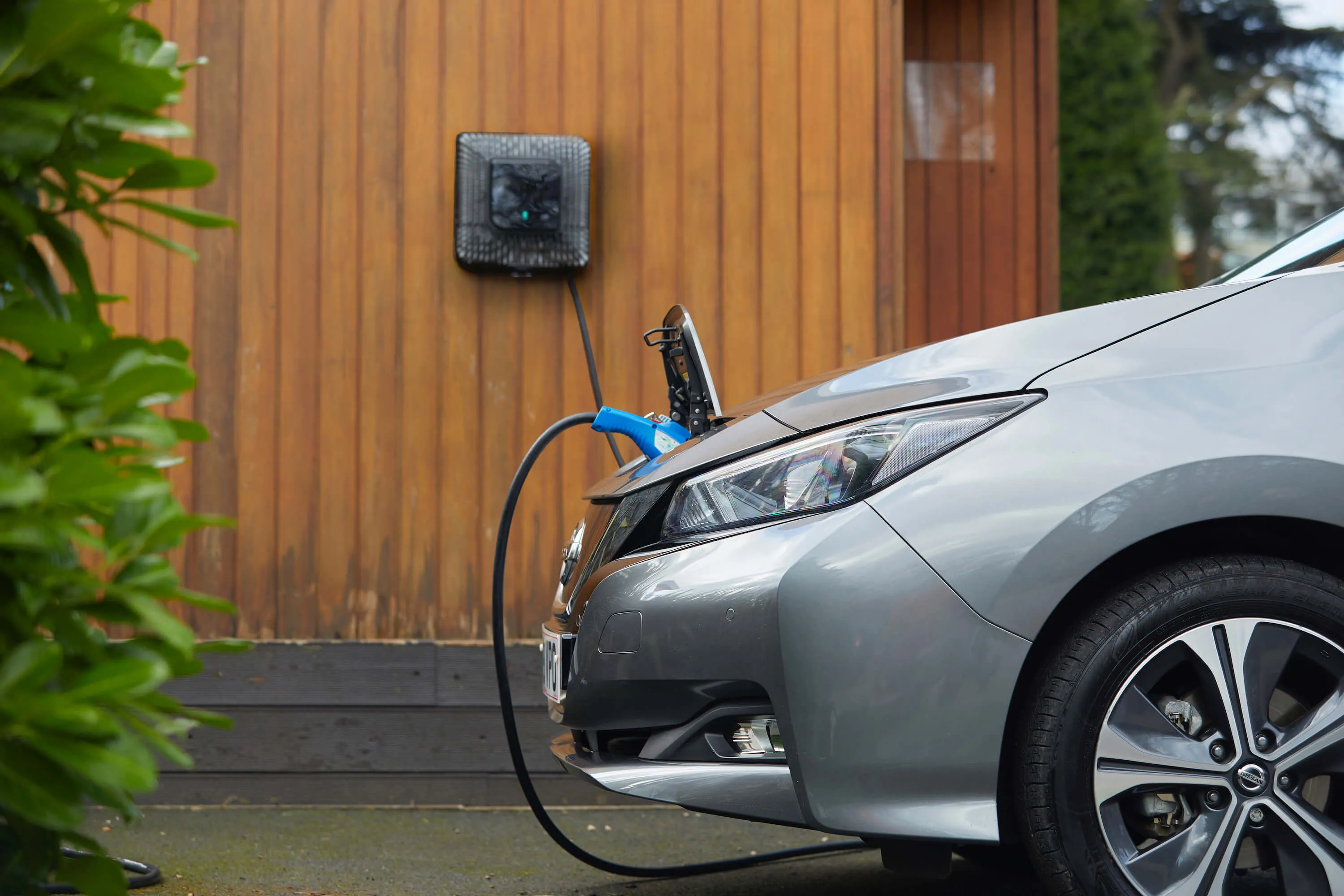
The UK's Electric Nation Vehicle to Grid (V2G) trial is introducing a solution from Wallbox which it says is the smallest and lightest charger for home use.
The one-year trial – a collaboration between Western Power Distribution (WPD) and CrowdCharge – is recruiting 100 Nissan electric vehicle (EV) owners in the WPD licence areas of the UK Midlands, South-west and South Wales to trial V2G smart charging technology.
The trial is offering free installation of V2G smart chargers worth £5,500. Participants will help distribution network operators understand how V2G charging could work with their electricity networks.
According to Electric Nation, Wallbox's Quasar allows operators to pull energy from their car's battery and transfer it into the grid.
Plugging in at specified times and putting energy back into the grid could allow participants to earn up to £120 over the trial period from March 2021 to March 2022, the partnership adds.
As part of the trial, Electric Nation is using up to five unnamed energy suppliers to provide a more realistic simulation.
Each supplier will use their chargers to test various energy services utilising CrowdCharge’s demand management charger platform.
Electric Nation claims more than 400 EV drivers have applied to the trial but emphasises recruitment remains open to ensure the project secures 100 participants that meet all the eligibility criteria.
Applicants must have a Nissan EV with a battery capacity of at least 30kWh, a vehicle until the end of the trial, off-road parking and use the CrowdCharge mobile app to manage charging.
This initiative follows an Electric Nation project in 2018 which captured data from more than two million hours of car charging, providing an insight into people's habits when charging their vehicles.
Other partners involved in Electric Nation include EV provider DriveElectric and asset management company EA Technology.









